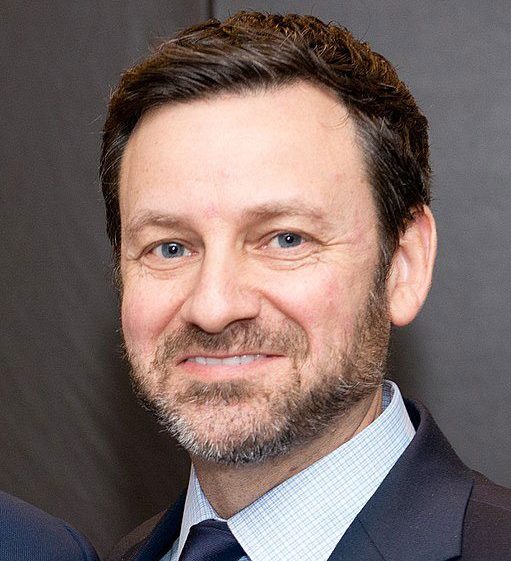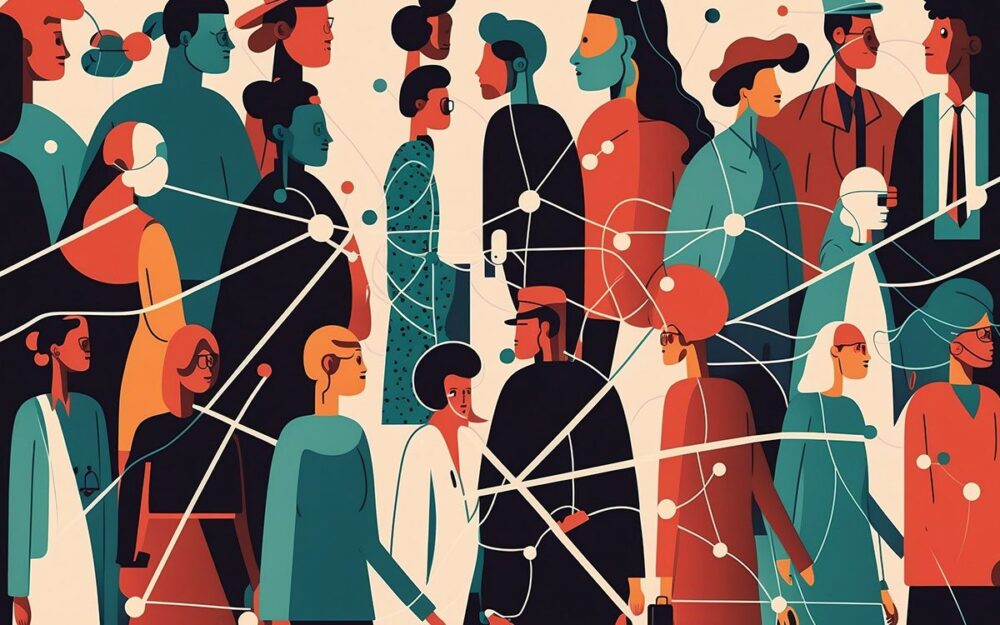
July 5, 2017; Guardian
The Boston-based Ruderman Family Foundation, which is a leader in disability rights funding and advocacy, is protesting the casting of Alec Baldwin as the lead character in the new movie, Blind.
Jay Ruderman, president of the Foundation, says that casting “Alec Baldwin in Blind is just the latest example of treating disability as a costume,” adding, “We no longer find it acceptable for white actors to portray black characters. Disability as a costume needs to also become universally unacceptable.”
NPQ has previously written about the foundation’s challenges to systemic discrimination against people with disabilities and one of the realms it examines is the entertainment industry. It spoke out against depictions of disabled people in films such as Me Before You, and last year, it released its white paper on employment of actors with disabilities in television. That study found that able-bodied performers played 95 percent of disabled characters on television.
Sign up for our free newsletters
Subscribe to NPQ's newsletters to have our top stories delivered directly to your inbox.
By signing up, you agree to our privacy policy and terms of use, and to receive messages from NPQ and our partners.
Ruderman further challenged the entertainment industry for “systematically casting able-bodied actors portraying characters with disabilities.”
About half of all Oscars for Best Actor in the last three decades have gone to able-bodied performers playing a character with a disability. It’s clear that audiences want to see stories about people with disabilities, and it’s about time we start actually casting the thousands of available, talented actors with disabilities to fill these roles.
One of the pernicious aspects of systemic discrimination is that in its very self-perpetuation on a cultural level, it reinforces the normalcy of exclusion. Readers should consider this issue as it connects to recent discussions from activists with disabilities about their fetishized coverage in the press.—Ruth McCambridge













